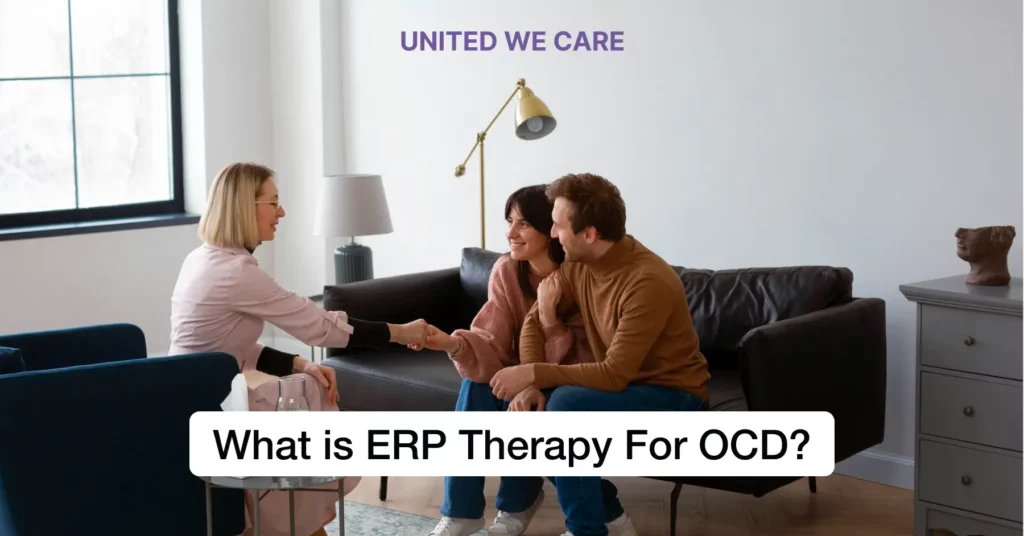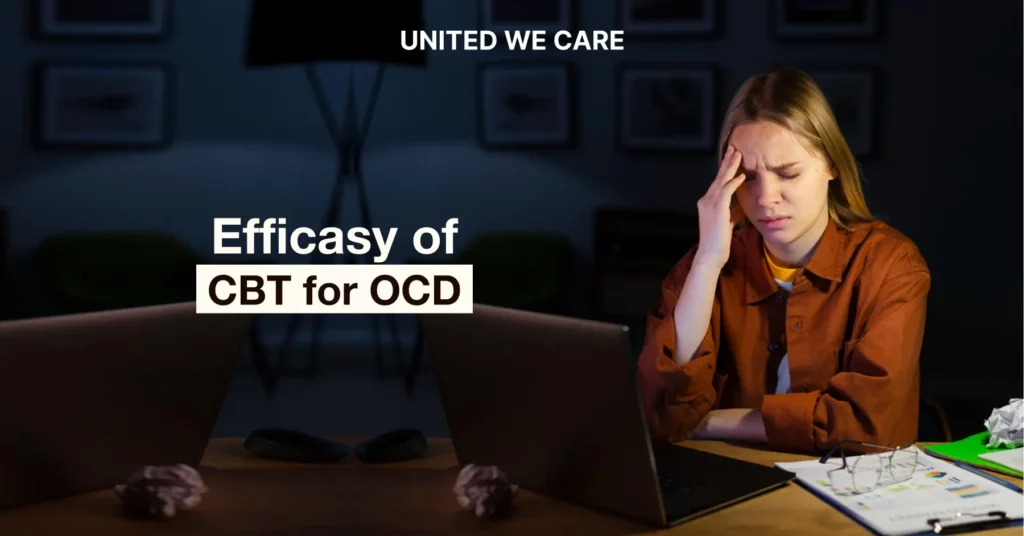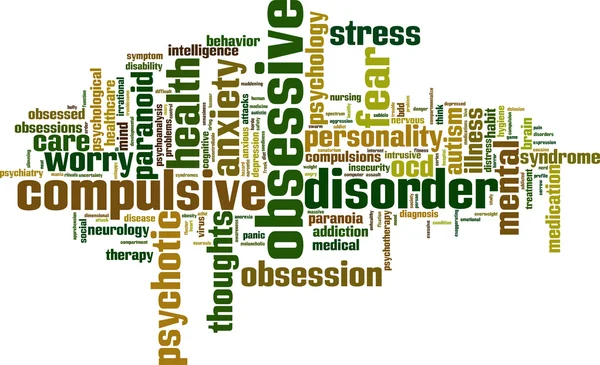What is ERP Therapy For OCD?
Introduction Ideally, ERP therapy is one of the most sought-after forms of psychotherapy in clinical practice. Psychotherapy refers to providing mental health care by a professional through structured conversations. There are several types of psychotherapies. A psychotherapist recommends ERP therapy in scenarios where other forms of therapy do not work. Also, another reason for opting […]
What is ERP Therapy For OCD? Read More »













